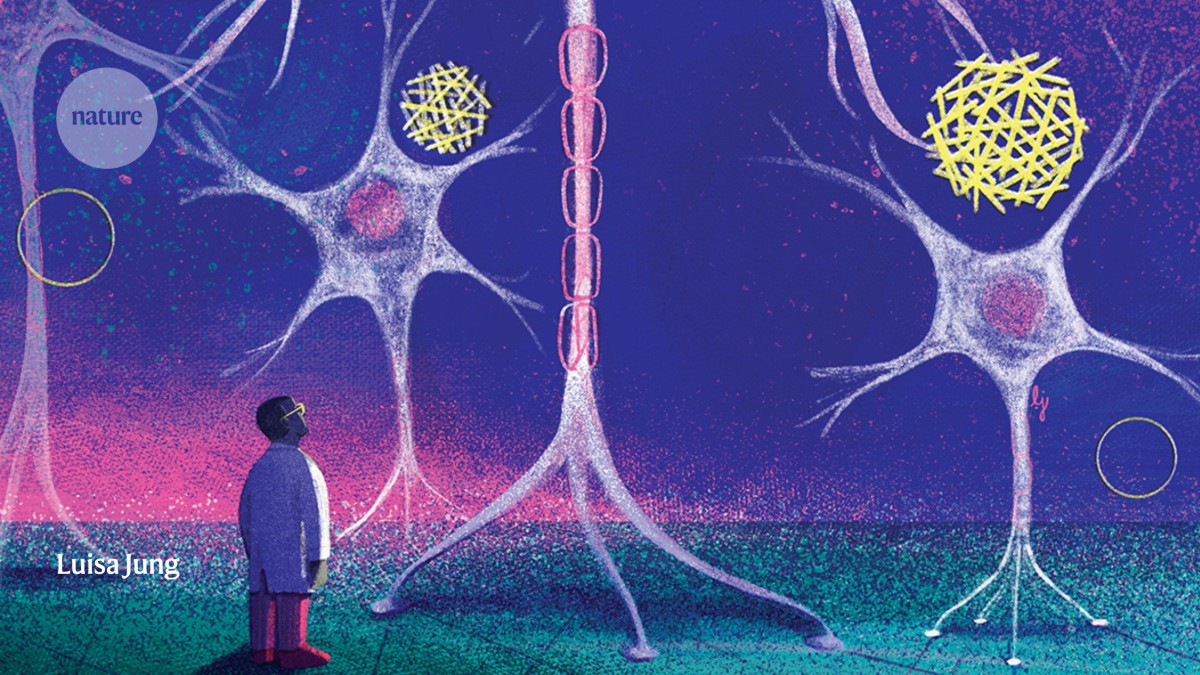
"A diagnosis of Alzheimer's disease is typically followed by years of uncertainty, grief and a painful decline into oblivion. But although there is so much researchers still don't understand about the disease and what drives it, scientists are making progress faster than ever before and providing patients and their families with options for both diagnosis and treatment. Over the past few decades researchers have begun to realize that Alzheimer's is more than"
"The first therapies that specifically home in on and break up amyloid plaques have already been approved by the U.S. Food and Drug Administration. In clinical trials, they slowed decline for some people with early Alzheimer's, but, as Liz Seegert reports, the drugs also come with substantial risk and are not a one-size-fits-all solution. Changes to daily habits, such as increased exercise and social interaction, better nutrition, and supplements, are another option to consider."
A diagnosis of Alzheimer's disease is typically followed by years of uncertainty, grief, and progressive cognitive decline. Researchers recognize Alzheimer's involves more than tau tangles and amyloid plaques and more than 100 clinical trials now target a variety of mechanisms to slow or halt progression. FDA-approved therapies that reduce amyloid slowed decline for some early-stage patients but carry substantial risks and are not universally effective. Lifestyle changes — exercise, social engagement, nutrition, and supplements — may delay severe symptoms, though evidence is mixed and access is unequal. Black Americans face twice the dementia rate linked to systemic racism, pollution, and discrimination. Blood tests enable earlier detection.
Read at Nature
Unable to calculate read time
Collection
[
|
...
]